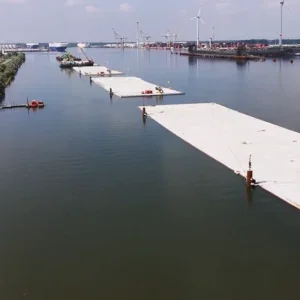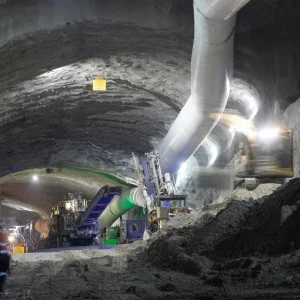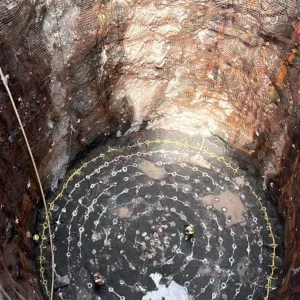The initiative follows a report initiated by Lord Robert Mair, president of the Institution of Civil Engineers that resulted in a policy paper “What can be done to reduce congestion caused by roadworks?”
The paper resulted from a proposal put forward by the Pipe Jacking Association, a specialist organisation involved with the installation on non-disruptive utilities in urban locations. Contributors to, and supporters of, the non-disruptive installation of urban utilities also include the UK Society for Trenchless Technology and Birmingham University’s Department of Civil Engineering, a world leader in research into non-disruptive trenchless systems for the installation of utilities.
Graeme Monteith, Pipe Jacking Association Chair, noted, “We believe that the NIC is responsive to a progressive outcome-based solution to minimising strategic urban road disruption caused by utility roadworks. Non-disruptive solutions need to be prioritised in the interests of road users, local communities and other stakeholders wherever practicable and economic”.
In an open letter to Sir John Armitt, chair of the National Infrastructure Commission, Graeme Monteith, on behalf of the consortium, notes the conflict between the requirement to install and upgrade essential utilities and the communities’ requirements for a continuous fully operational urban road network. It notes that one of our most important strategic infrastructures, key urban highways, lack coherent protection and management unlike other major transport networks such as those operated by Highways England and Network Rail.
The ICE Report noted other key areas to safeguard key urban roads to include a requirement for utilities to produce impact statements when carrying out works in congested urban areas, empowering highway authorities to enable them to dictate the use of non-disruptive installation and renovation techniques wherever practical and economic, and the further development of innovative technologies that can enable utility installation and renovation with minimal or no disruption to the highway infrastructure.
In its submission the consortium urges the National Infrastructure Commission to prioritise the pressures on urban road capacity in its forthcoming infrastructure assessment. It argues that there is a strong case for government to commission a review of the management of street works, in particular the economic impacts of disruption and the appropriate regulatory incentives that apply to the utility companies, as well as the availability, costs and benefits of the engineering options that exist for minimising the disruption caused by street works – including alternatives to breaking the carriageway at all. It suggests that such a review would need to draw in not just the perspectives of highway authorities and contractors but also the utility companies and their regulators.







